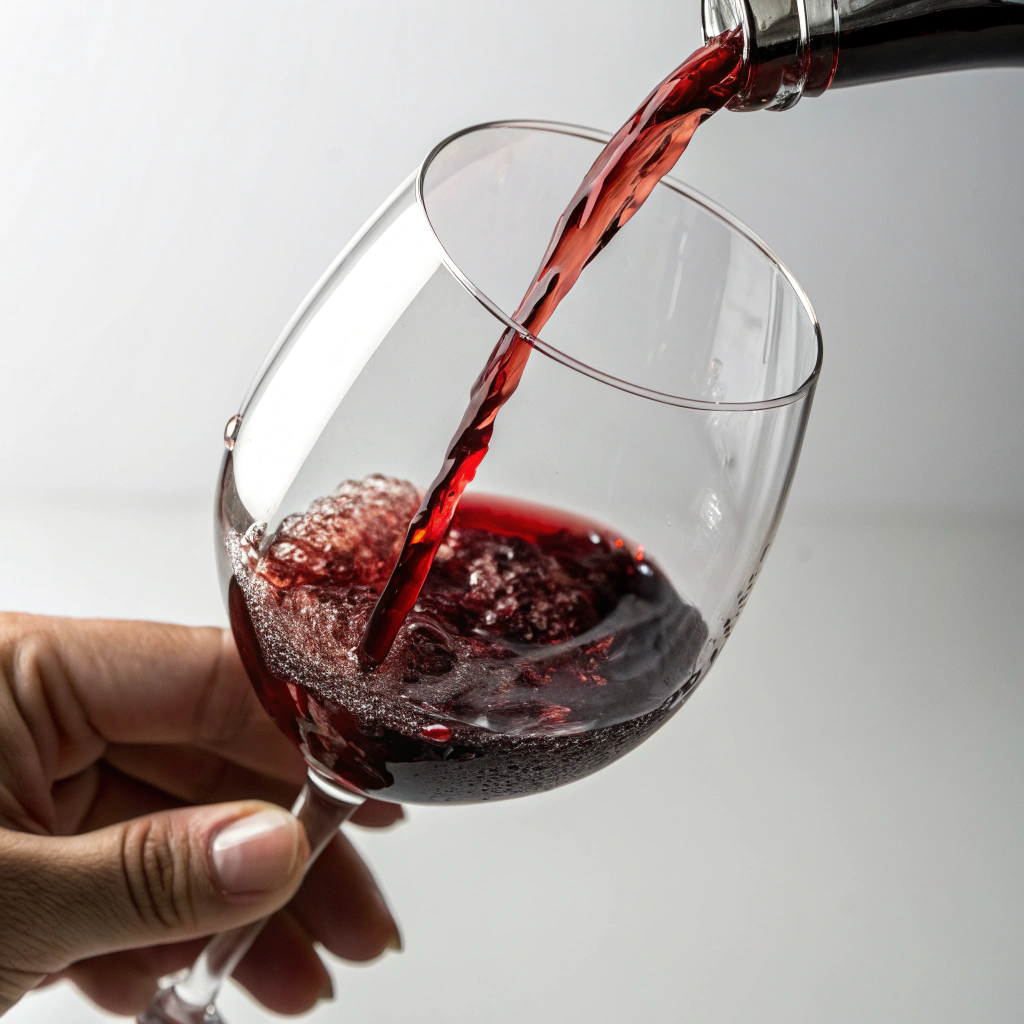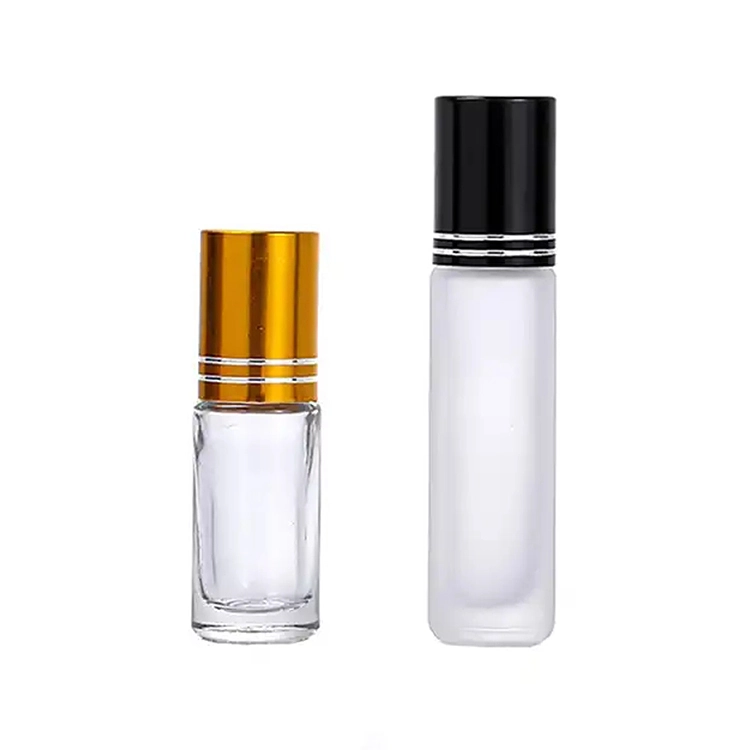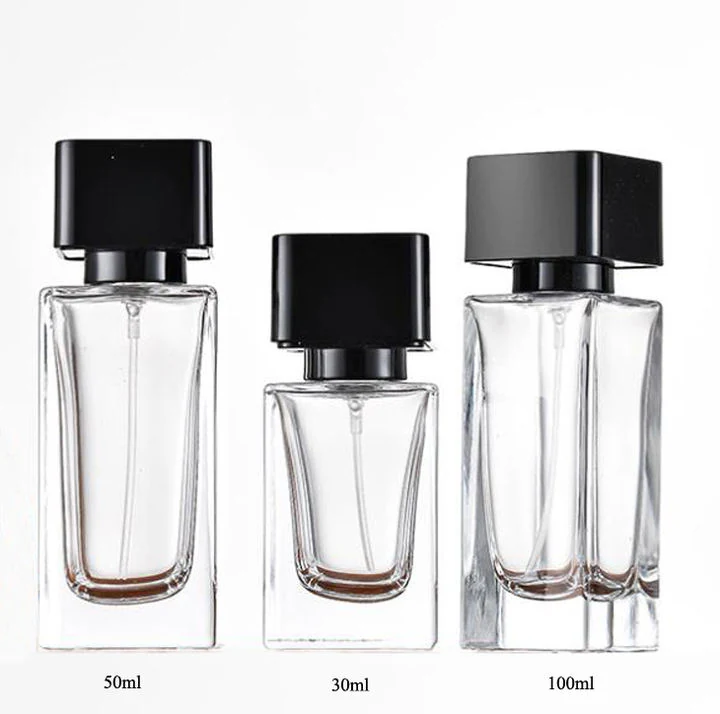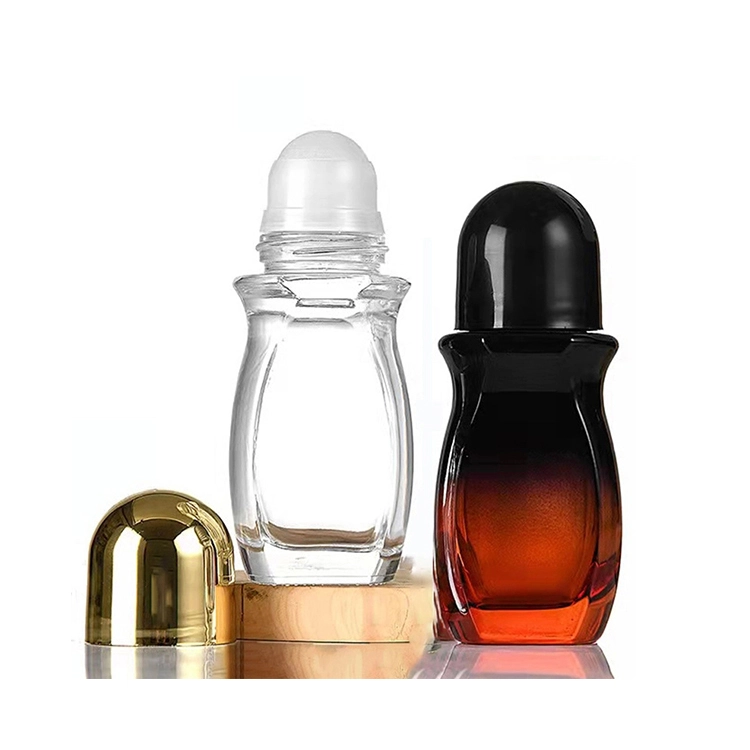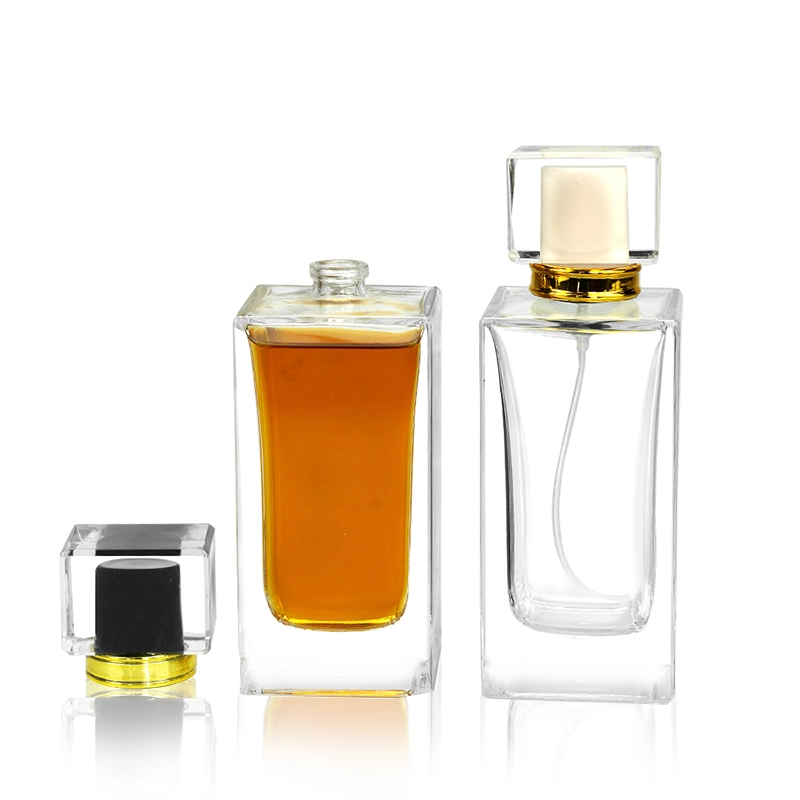
Part 1: Market Size and Growth
The Comoros Islands have a small but important demand for glass bottles, driven by beverages, food products, and tourism. Local breweries, distilleries, and agro-food producers rely on glass bottles to package beer, soft drinks, spirits, and sauces. Tourism adds to this demand as resorts and hotels prefer glass packaging for premium products.
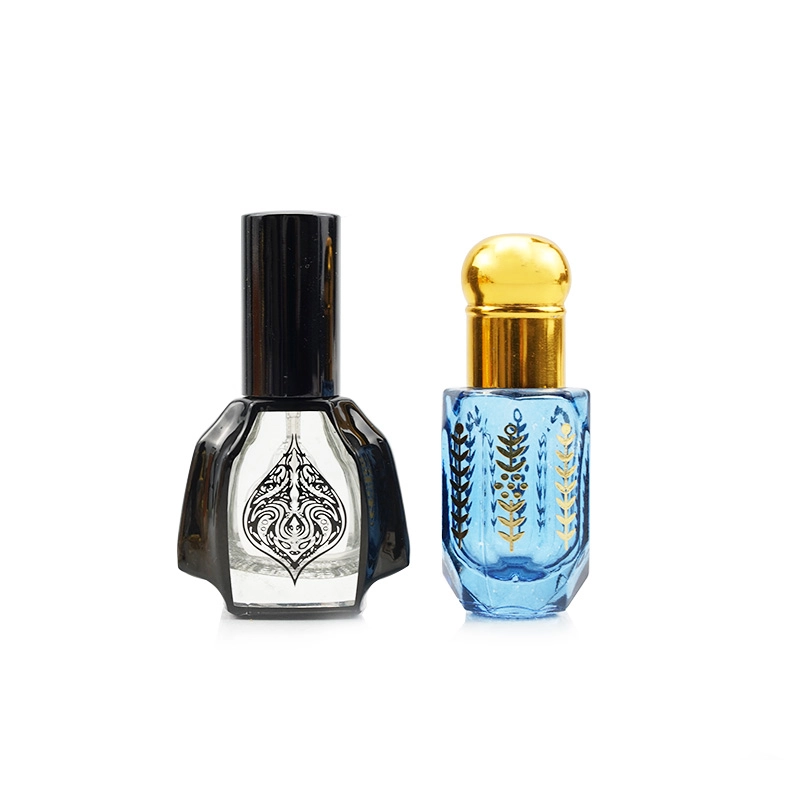
Most glass bottles are imported from nearby regions such as Madagascar, Tanzania, and Mauritius. Local bottling companies focus on filling, branding, and distribution. This regional dependence highlights the importance of trade logistics.
With growing awareness of sustainability, businesses are turning away from single-use plastics. Glass bottles are becoming more important as eco-friendly, durable, and premium packaging solutions.
Part 2: Leading Companies
Brasserie de la Comores
Brasserie de la Comores is one of the country’s main beverage companies, producing beer and soft drinks for the local market. It relies heavily on glass bottles for its flagship products.
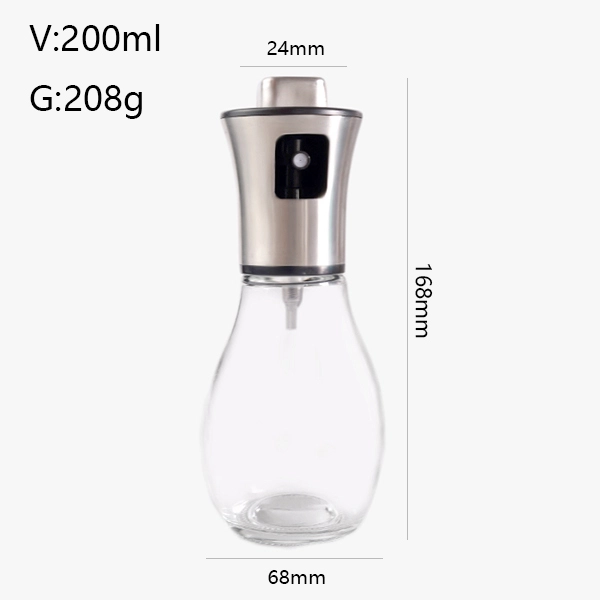
Its portfolio includes beer bottles, soda bottles, and reusable containers. Glass is central to its product quality and brand identity.
The company also promotes bottle reuse, aligning with sustainability initiatives. It has earned recognition for supporting local industry development.
Local Distilleries (Ylang-Ylang and Rum Producers)
Comoros is known for artisanal rum and herbal spirits, often produced by small distilleries. These businesses package their products in glass bottles to appeal to tourists and export markets.
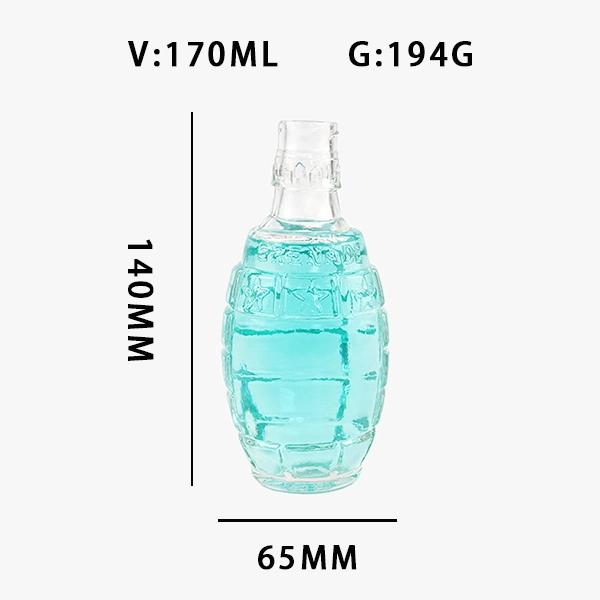
Their products include rum bottles, herbal liquor packaging, and artisanal decorative bottles. Glass packaging enhances cultural authenticity and consumer trust.
These producers are gaining recognition for combining heritage branding with eco-friendly packaging.
Agro-Food Producers (Sauces, Honey, and Oils)
Comoros also has agro-based producers of honey, sauces, and essential oils who use glass bottles for premium packaging. Many of these businesses target both domestic and international markets.
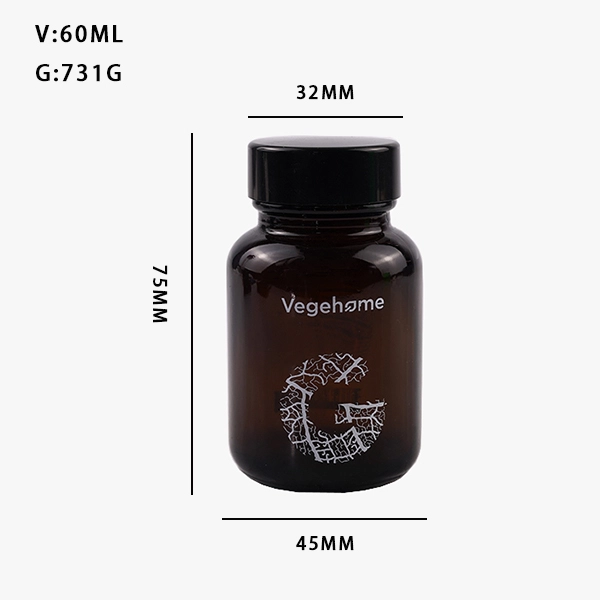
Their product lines include honey jars, sauce bottles, and cosmetic-grade oil containers. Glass packaging helps them reach higher-value export markets.
These companies often comply with food safety and export certifications.
| Company | Founded | Core Products | Industries | Certifications |
|---|---|---|---|---|
| Brasserie de la Comores | 20th century | Beer bottles, soda bottles | Breweries, beverages | Sustainability Recognition |
| Local Distilleries | Various | Rum bottles, herbal liquors | Spirits, tourism, exports | Local Quality Standards |
| Agro-Food Producers | 21st century | Honey jars, sauce bottles, oils | Food & cosmetics | Export & Food Safety Certifications |
Part 3: Trade Shows and Industry Events
Foire Internationale des Comores (International Fair of Comoros)
The International Fair of Comoros is the country’s largest trade exhibition, featuring beverages, food, and packaging. Producers display glass-bottled products to consumers and buyers. It is a key platform for local visibility.
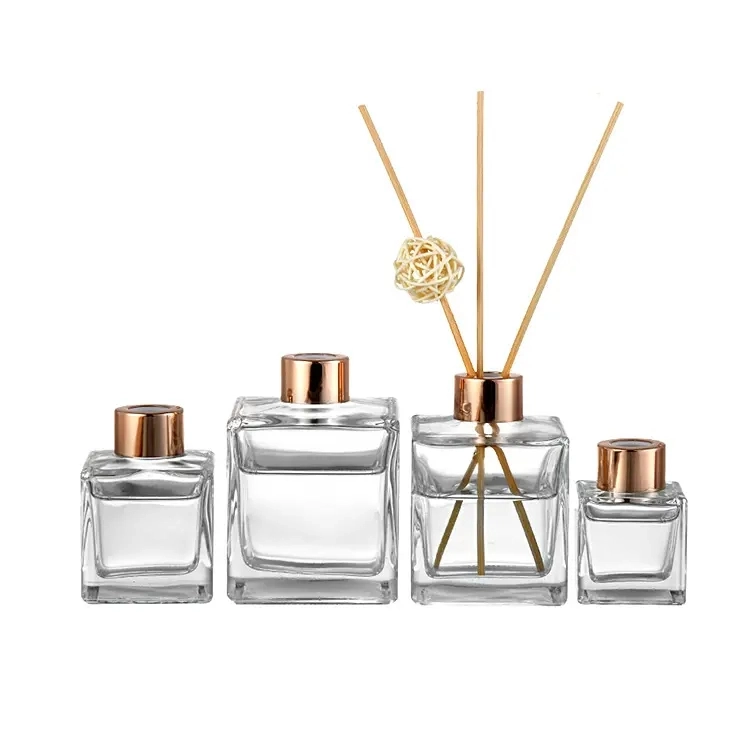
Held annually in Moroni, the event attracts local companies and regional exhibitors. Highlights include beverage launches, packaging innovations, and sustainability initiatives.
Indian Ocean Food & Beverage Expo
Comorian companies also participate in the Indian Ocean Food & Beverage Expo, which brings together producers from Madagascar, Mauritius, Seychelles, and the wider region. Glass packaging solutions are an important focus of this expo.
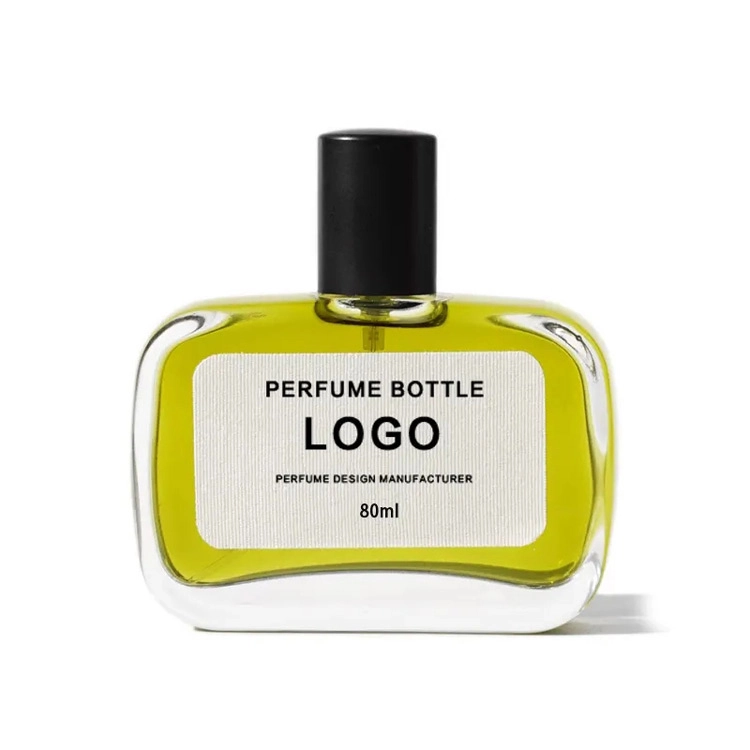
The event rotates across Indian Ocean islands. Highlights include eco-friendly packaging, recycling programs, and branding strategies for export markets.
| Event | Date | Location | Highlights |
|---|---|---|---|
| Foire Internationale des Comores | Annual | Moroni, Comoros | Beverage packaging, sustainability programs |
| Indian Ocean Food & Beverage Expo | Annual | Indian Ocean (rotating) | Glass packaging, eco-friendly innovation |
Part 4: Impact of Global Trade Policies
The Comoros depend entirely on imported glass bottles, making trade agreements and shipping policies essential. Tariffs, freight costs, and supply delays directly impact local producers. This dependence creates vulnerabilities in the supply chain.
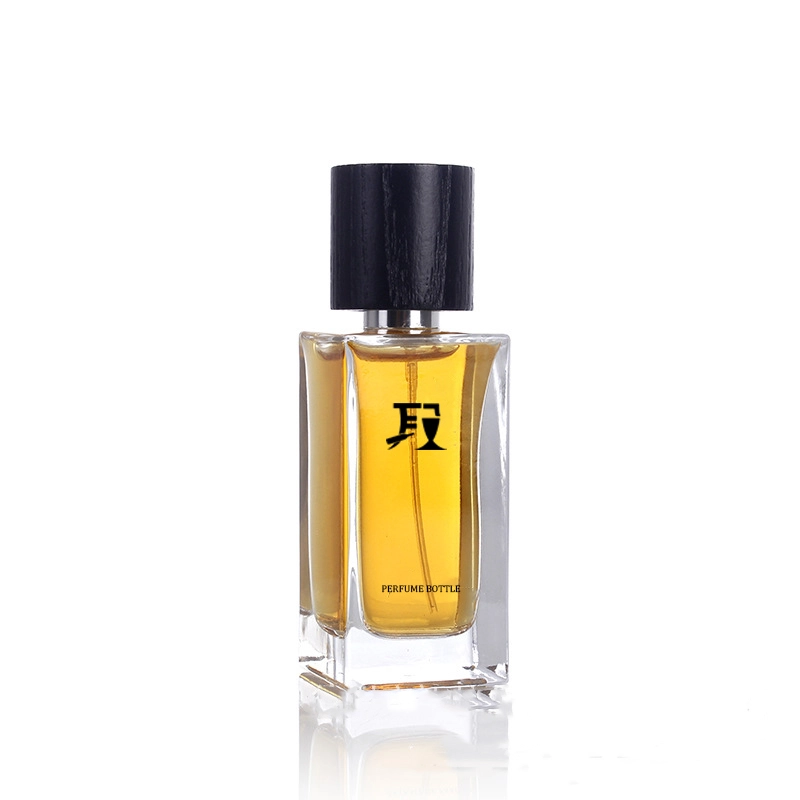
Regional trade partnerships with Madagascar, Tanzania, and Mauritius help Comorian companies secure supplies. These partnerships reduce costs and support supply chain stability.
Global sustainability policies push Comorian businesses to adopt refillable and recyclable bottles. By aligning with international eco-standards, local producers can expand exports and meet tourist-driven expectations.
Part 5: Conclusion
The Comoros glass bottle industry is supported by breweries, distilleries, and agro-food producers who rely on imports for supply. Tourism, exports, and sustainability goals are driving demand for glass packaging.
Challenges include heavy import dependency, high logistics costs, and limited recycling systems. The future will depend on regional trade integration, eco-friendly innovation, and stronger recycling initiatives.
Recommended Reading:
- Glass Bottle Manufacturers in Chad
- Glass Bottle Manufacturers in Central African Republic
- Glass Bottle Manufacturers in Cape Verde
- Glass Bottle Manufacturers in Czechia
- Glass Bottle Manufacturers in Cameroon
- Glass Bottle Manufacturers in Cambodia
- Glass Bottle Manufacturers in Burundi
- Glass Bottle Manufacturers in Burkina Faso
10ml Vintage Glass Attar Bottle Pagoda Shape
Durable Recyclable 20oz Pickle Cucumber Glass Jar with Metal Lids
6 oz Jam Jelly jar with metal lid
500ml 1000ml Swing Top Beer Bottles For Sale

